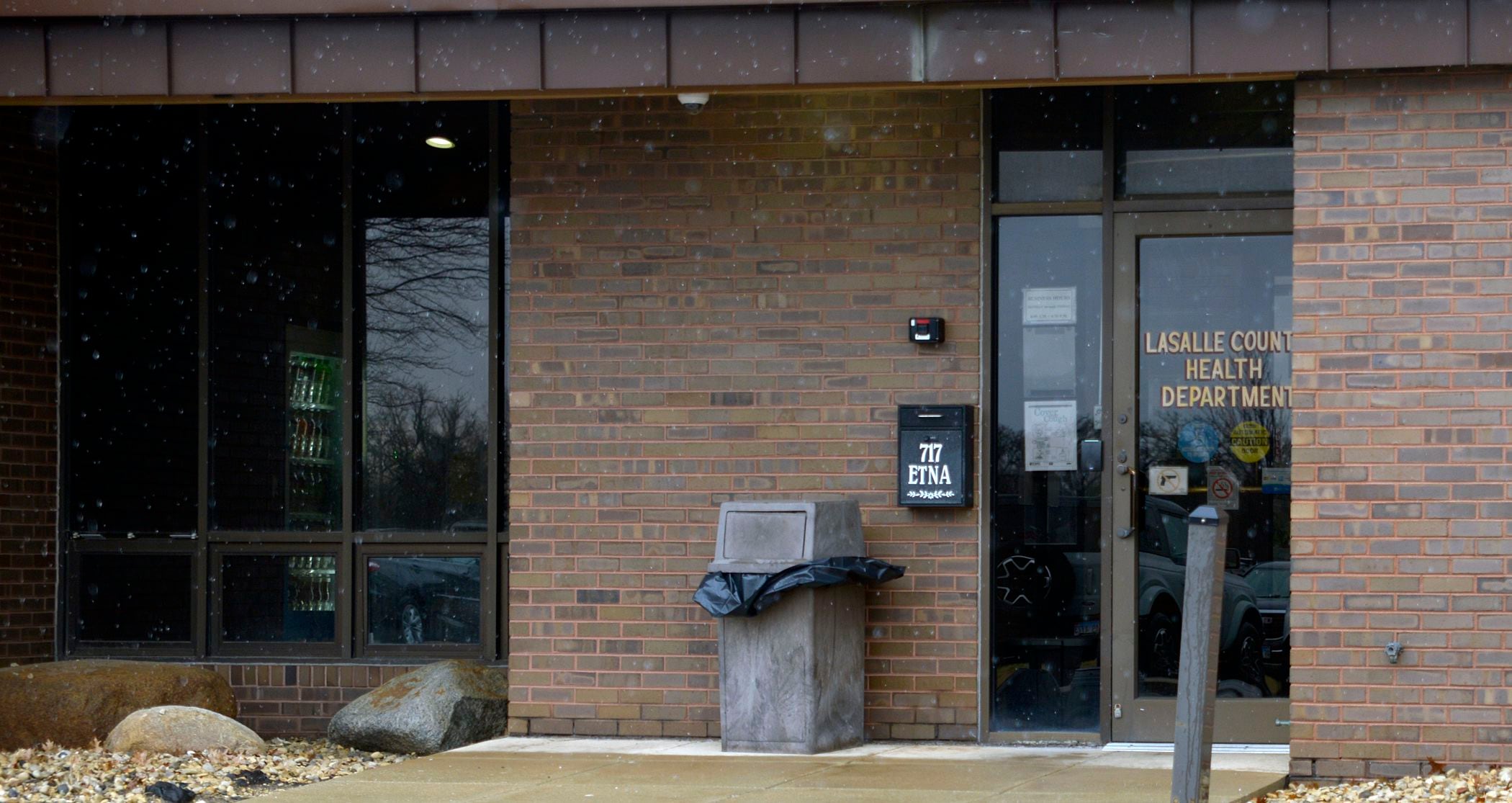As Australia faces intensifying climate impacts and a heated debate over our energy future, gas is taking centre stage — again. But how much of what we’re hearing reflects reality, and how much is political spin? For our latest Q&A in this ongoing series, we spoke with Polly Hemming, Climate & Energy Director at The Australia Institute, to unpack the gas market, the nuclear distraction, and what a fair, effective energy future could really look like.Thank you Polly for sharing her knowledge with us.
..We’re hearing a lot of gas right now – please give us a general overview of the gas market in Australia? Australia is one of the world’s largest producers and exporters of natural gas, particularly in the form of LNG (liquefied natural gas).

Around 80 per cent of the gas produced in Australia is exported overseas. It’s absurd, but the gas industry itself is the largest domestic consumer of the gas that stays here in Australia. The gas industry uses huge amounts of our gas to extract, compress, and liquefy the gas it then sells overseas.
While government and industry love to whip up hysteria that Australia is facing a gas shortage, this is misleading. Firstly, domestic gas demand in Australia is dropping anyway, as businesses and households opt for cheaper, healthier and cleaner electrification for power and heat.Secondly, Australia has plenty of gas.
In fact, Australia produces far more than it consumes. It’s just that vast quantities of gas are exported under long-term contracts, while local users pay high prices linked to volatile international markets.It is not a matter of resource scarcity, but of political and economic choices prioritising the profits of foreign-owned gas companies over affordable energy in Australia.
Please also outline the financial structures underpinning the gas sector? Despite the narrative that we can’t do without it, the gas industry contributes very little to Australia’s economy. When you factor in lost royalties, tax avoidance, direct subsidies, and the environmental costs, it’s fair to say the gas industry costs Australians more than it contributes:Australia’s gas industry is overwhelmingly foreign-owned, meaning that while Australia exports vast amounts of gas, most of the profits flow offshore to foreign shareholders.It’s not a major employer — just 16,200 people work in oil and gas extraction.
For comparison, manufacturing employs over 900,000 people, and the health sector employs 2.2 million.In 2023, gas companies made $55 billion, driven by global energy price spikes due to the war in Ukraine.
But public benefit from this boom was minimal. Revenue from the main tax on the gas industry — the Petroleum Resource Rent Tax— was actually lower in 2023 than in 2001.While companies are supposed to pay royalties — fees for the right to extract public resources.
But most multinational gas exporters pay no royalties at all. Over the past four years, $149 billion worth of LNG was exported from Australia royalty-free. This is billions in revenue that could have gone towards funding schools, hospitals, clean energy, and other essential infrastructure.
In 2024–25, Australian governments provided $14.9 billion in subsidies and tax breaks to fossil fuel producers and major users.What are the biggest environmental risks associated with Australia’s gas industry?Australia’s gas industry carries serious environmental and health risks:Gas is a fossil fuel that drives climate change— not just when it’s burned, but through leaks of methane, a greenhouse gas over 80 times more potent than CO2 in the short term.
Even though much of Australia’s gas is exported, the emissions still contribute to climate impacts at home: longer fire seasons, more intense droughts, and extreme weather.Gas extraction, especially coal seam gas and fracking, can also contaminate groundwater, drain precious water resources, and damage farmland and natural ecosystems.Gas also affects human health — not just in communities near gas fields, where air and water pollution are linked to respiratory and skin conditions — but also inside homes, where burning gas for cooking and heating releases harmful indoor air pollutants like nitrogen dioxide (NO2).
As an aside, we’re also hearing a lot about nuclear with Peter Dutton’s plans to build seven nuclear power plants – what’s the story here?Opposition Leader Peter Dutton is proposing a major shift in Australia’s energy policy: replacing coal-fired power stations with large-scale nuclear reactors. Estimates suggest this approach could cost taxpayers up to $600 billion.This isn’t an energy policy.
It’s a political distraction.Yes, nuclear power works in some countries. But those countries built their reactors decades ago.
Even if Dutton was serious about it we wouldn’t see a single reactor in Australia before the 2040s.But here’s the part no one says out loud: the Albanese government is actually fine with the nuclear campaign.While the parties trade blows over a nuclear fantasy, they quietly agree on something very real — more gas.
Both sides support new gas fields and export terminals. The nuclear debate gives them cover: a high-profile, low-relevance fight that hides the bipartisan protection of the gas and coal industries.How does Australia compare with other countries in regard to our energy mix and our future energy plans?Australia is falling behind many developed nations in its transition to clean energy and broader climate action.
While it boasts high rooftop solar uptake, the country still relies heavily on coal and gas, has made limited progress in reducing domestic emissions, and has over 100 new coal and gas projects in the pipeline.Australia continues to support fossil fuel expansion while presenting renewable growth as a climate solution on its own. However, adding renewables doesn’t negate the harm of ongoing fossil fuel extraction and export.
In contrast, countries like Denmark, France, Ireland, and Costa Rica have committed to phasing out fossil fuel production.Additionally, Australia remains a global leader in deforestation and species extinction, highlighting a broader failure to align energy and environmental policy with climate science and ecological protectionWhat are the politics behind all of this? There’s always politics. Australia’s political system has, for decades, prioritised resource extraction as a cornerstone of economic strategy (even though it is actually a terrible economic strategy).
Both major parties — Labor and the Coalition — have sacrificed economic and scientific logic to protect the fossil fuel industry.But while people often talk about the strength of the fossil fuel lobby, the real issue is the weakness of our leaders.Industry influence only works because senior public officials and politicians allow it.
And they’ve actively cultivated a system that allows it, including an absence of accountability, increased secrecy, and punitive whistleblower and protest frameworks.The challenge isn’t just breaking industry power — it is building a parliament and senior executive with moral courage.What’s the disinformation to look out for in the gas and energy sectors? Watch for these talking points: inflated economic claimstoken green projectsvague tax figuresappeals to national interestThey are all designed to delay the transition and protect profits.
Gas companies often promote their contribution to Australia — but public revenue from the gas sector is disproportionately low. Look closely at the figures the gas industry promotes, as they are often subject to some creative accounting or taken out of context.Job numbers are also overinflated, counting temporary construction roles or broader supply chain estimates, even though the industry employs a tiny fraction of the workforce.
Another common tactic is pointing to small investments in renewables while continuing to pursue gas expansion — a classic case of distraction. Gas is also often framed as “clean,” “transitionary,” or “net zero compatible,” when really it is none of these things.What energy mix does the evidence and economics point to for Australia – and how does this compare with plans by the major parties?The evidence from climate science and energy economics is clear: Australia needs a rapid shift to a renewable-powered grid.
The cheapest and most effective path is a mix dominated by solar and wind, backed by storage, grid upgrades, and electrification across sectors. Renewables are now far cheaper than coal, gas, or nuclear. But political plans fall short.
Labor supports a high-renewables grid but continues to approve new gas projects. The Coalition wants to abandon the 2030 target and pursue nuclear, which is slower and more expensive.Most importantly, both major parties maintain fossil fuel subsidies — costing billions each year.
These subsidies don’t just waste public money — they actively disincentive the clean energy transition by making fossil fuels artificially competitive. They protect polluting industries, weaken market signals for clean investment, and slow the emissions cuts we urgently need.The science is unambiguous: we must reduce emissions as quickly as possible.
Subsidising fossil fuels does the opposite.What can each of us do to address the issues you raise? Australia is a wealthy country with the means to act — and a history of doing big, brave things when it counts. We have some of the most extraordinary landscapes and biodiversity on Earth.
That’s worth fighting for.Democracy depends on people believing that better is possible. And demanding it.
The mining industry and big corporates never hesitate to demand more — more subsidies, more approvals, more influence. And they get it because they shout louder than everyone else!Climate action isn’t about buying a KeepCup, it’s about pushing for structural change. And don’t buy the narrative that change happens slowly.
Look how quickly gun reform was introduced in Australia.Write to your MP. Ask them why Australia is still subsidising fossil fuels and native forest logging.
Join or support groups that are organising for climate justice, Indigenous land rights, or nature conservation. Show up — to protests, to community meetings, to conversations that matter.More for others doesn’t mean less for us.
A fairer, cleaner, more caring country makes life better for everyone. Looking after the environment and protecting the most vulnerable isn’t just moral — it’s how we all thrive.***Thank you to Polly Hemming from The Australia Institute for sharing her knowledge about the gas and energy sectors – as we continue this vital journey towards a safer and more economical renewables future.
In the lead up to our May 3 federal election, let’s draw the line between the issues we face and our informed vote. After all – it’s we who elect the people who make decisions on the vital issues impacting all Australians. It really is up to us! See other articles in this Women’s Agenda series here:How we can be better allies to the trans community ahead of the electionWe lose more on gambling than Australia spends on aged care: A look at gambling harm and what we can do about itWhat do recent electoral reforms mean for our democracy? Kiera Peacock explains‘Biases are supercharged’: Tracey Spicer on what women should know about AIHow the death of Julie-Ann Finney’s son prompted her advocacy for better veteran mental health supportWhy becoming more politically active is the best new year’s resolution you can makeWe’ve just experienced Australia’s hottest spring on record.
Here’s what that means for all of usWhat is the most powerful thing we can do to support asylum seekers and refugees? Jana Favero explainsWhy is abortion suddenly back in the headlines? Here’s what you need to knowSupport Women’s Agenda! We are 100% independent and women-owned. We’re covering the Federal Election from the perspective of what matters to women, and always keeping the issues that matter for women on the daily agenda. Foundation memberships are just $5 a month.
Bonus: you’ll receive our weekly editor’s wrap of the key stories to know every Saturday. Become a member here. The post Despite the narrative that we can’t do without it, the gas industry contributes very little to Australia’s economy.
Here’s why appeared first on Women's Agenda..
Top

Despite the narrative that we can’t do without it, the gas industry contributes very little to Australia’s economy. Here’s why

Australia’s gas industry impacts energy prices, climate, and policy — understanding its future is key to informed voting decisions.The post Despite the narrative that we can’t do without it, the gas industry contributes very little to Australia’s economy. Here’s why appeared first on Women's Agenda.











